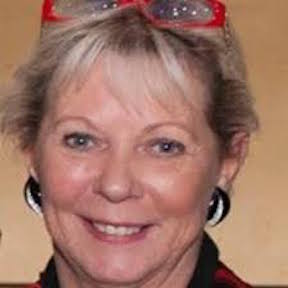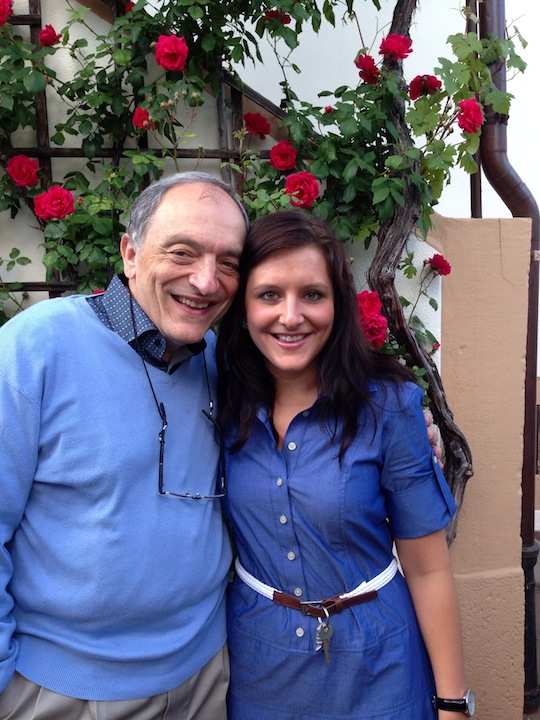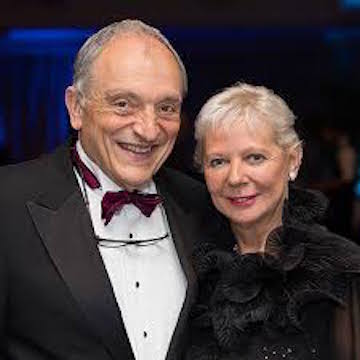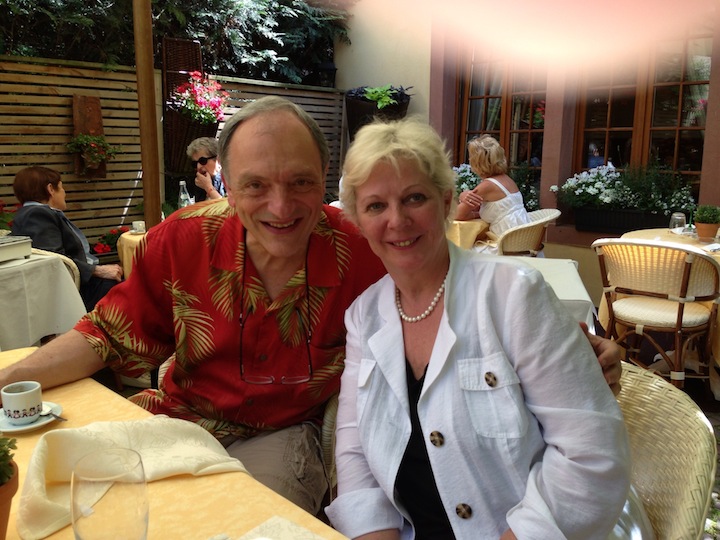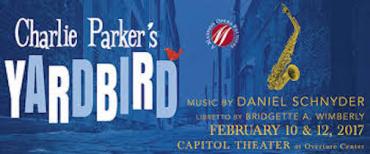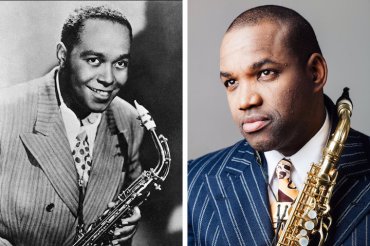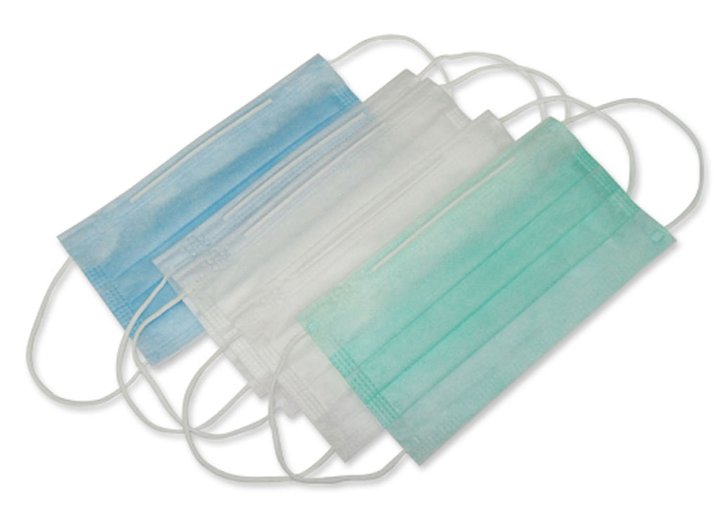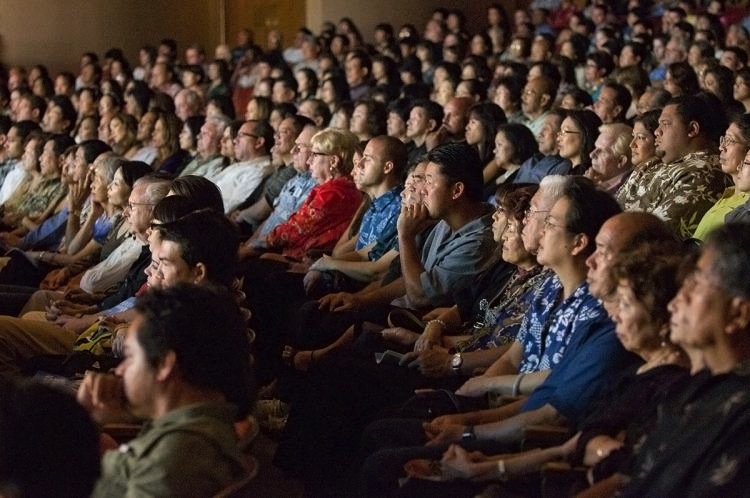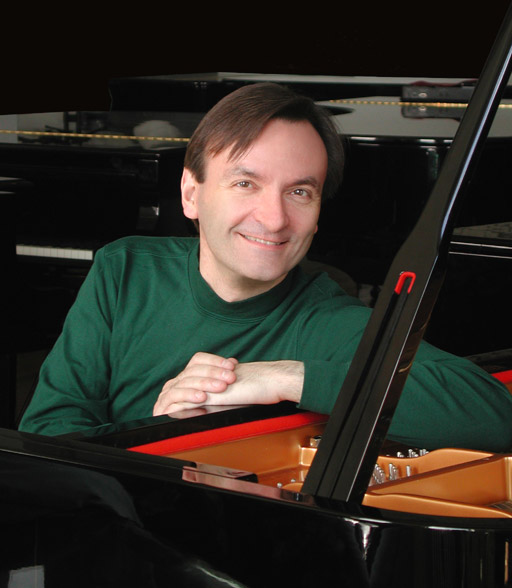The Well-Tempered Ear
Classical music: “I like tunes,” says Academy Award-winning composer Thomas Cabaniss, who talks about his “Double Rainbow” piano concerto. The Wisconsin Chamber Orchestra and guest soloists will give the world premiere of the work this Friday night.
Leave a Comment
By Jacob Stockinger
Even for the Wisconsin Chamber Orchestra (below), which likes to mix things and up during its winter season, the concert this Friday night is something special to close out the current season.
The WCO will give the world premiere of the “Double Rainbow” Piano Concerto by Thomas Cabaniss, which was commissioned for the WCO.
The performance will also feature husband-and-wife duo-pianists Michael Shinn and Jessica Chow Shinn.
The concert is Friday night at 7:30 p.m. in the Capitol Theater of the Overture Center.
Also on the program is Maurice Ravel’s Neo-classical homage to World War I, “Le Tombeau de Couperin,” and the Symphony No. 2 by Robert Schumann.
Tickets are $10 to $80.
For more information about the program, the soloists and tickets, go to:
https://wisconsinchamberorchestra.org/performances/masterworks-v-2/
Composer Thomas Cabaniss recently did an email Q&A for The Ear:
Can you briefly introduce yourself and your career to the reader?
I’m Thomas Cabaniss (below). I am a composer and teaching artist from Charleston, South Carolina. I have lived in New York for the last 30 years, and so I greedily claim both places as home. I teach at the Juilliard School — where I met Michael and Jessica Shinn — and I also lead arts education projects at Carnegie Hall.
After graduating from Yale in 1984, I was an assistant conductor on a variety of projects including Leonard Bernstein’s opera A Quiet Place at La Scala and the Kennedy Center. Setting out to forge a career as a composer, I moved to New yolk City, which had the added benefit of being the same city where my girlfriend was attending medical school. A few years later we married and settled in Manhattan.
To start, I worked primarily as a theater composer, but I was also writing piano and chamber music on the side, and doing arts education work in between shows. In 1990 I scored and arranged a short film called The Lunch Date, which won the Palme D’Or and the Academy Award. In 1995 I joined the New York Philharmonic education programs, eventually becoming the orchestra’s Education Director.
I kept composing, and wrote a chamber opera called The Sandman, which was premiered in New York in 2002 and revived again the following season. In 2004 I was appointed to special education position with the Philadelphia Orchestra, and at the same time I wrote a series of evening length dance scores that were premiered in New York.
In 2009, I began working as composer-in-residence for the LinkUp program at Carnegie Hall, which has grown in that time to serve over 95 orchestras around the world and across the U.S. – including the Madison Symphony Orchestra.
I also helped to create the Lullaby Project at Carnegie Hall, which serves young parents in shelters, hospitals and prisons, and we are working hard to extend that work across the country through a series of partnerships.
How would you describe your musical style in general and the style of the new two-piano concerto specifically? Accessible? Tonal or atonal? Modernist or Neo-Classical? Melodic or percussive? Are there composers or works that have influenced your style?
I like tunes. I like to write songs, and I like to sing, so my music tends to value melody. My works are generally tonal, often spiked with cluster chords and other atonal devices, but I am always interested in the musical gravity of tonal centers. (You can hear a sample of Thomas Cabaniss’ music in the YouTube video at the bottom.)
This piece is inspired by its soloists, Michael and Jessica Shinn (below), and by the image of a Double Rainbow (also the work’s title). I have written Michael and Jessica pieces for piano-four hands, and there is one piece they have championed called Tiny Bits of Outrageous Love. Something about the chemistry of their relationship as musicians (and as husband and wife) has inspired me to create music that is particularly exciting and intimate.
And yes, I suppose most composers embed hints of the music they love in the music they write, and I am no different. Tiny Bits was a kind of homage to the Brahms Waltzes for piano-four hands, and Double Rainbow nods to Leonard Bernstein, Olivier Messiaen, Leos Janacek and John Adams. I’m sure listeners will hear other influences, too.
What would you like listeners to know about and listen for in the piano concerto? What were the special challenges of writing for duo-pianists?
This is from the program note I wrote for the Wisconsin Chamber Orchestra:
DOUBLE RAINBOW is based on an experience I had with my family on the Isle of Palms, South Carolina, about 20 years ago. On this particular August day, there was a huge rain in the early afternoon, many dark clouds, thunder (but no lightning). After the storm, from the porch of our beach rental house, we saw not one, but two rainbows (below). My sister-in-law is an avid photographer, and so she coaxed us all down onto the beach so she could get a pristine angle. That alone might have been enough inspiration for a piece of music, but when we got to the water’s edge, as Julia was snapping her photos, a dolphin jumped out of the water in a vertical launch, the tail clearing the water’s surface. It was one of those moments that seemed so unbelievable that none of us said a word.
I have always been fascinated by the search for the elusive “perfect moment,” and DOUBLE RAINBOW is a sort of study of that kind of exploration. It is all bound up in the idea of “doubleness,” represented by the two pianos. It is divided into three movements: “Surfaces” (exploring the accumulation of drops of water from tiny, atomized particles), “Disturbances” (exploring imbalances and the storms that result from them), and “Revelation” (of the Double Rainbow). Not surprising in a double concerto, there is a great deal of dialogue between the pianos, and the orchestra has more of an accompanying role in the first two movements. The final movement is different, though. Everybody is in, and the music pulses with magic. The movement seems to be headed for a big climax, but at the last moment, it suddenly slows down and there are stars.
The main challenge for me in writing a double piano concerto is all those fingers! Twenty of them, and they are capable of so much. The music I write does not usually focus on virtuosity, and yet I also wanted it to be a vehicle for them to be expressive and dynamic. I worked hard to achieve a balance between the lyricism and the fireworks – we’ll see how audiences experience it.
What else would you like to say?
I am especially excited to be able to visit Madison for the premiere. I’ll get to meet members of the family of Jessica Chow Shinn (below, she is a Madison native), and I have a former student in the orchestra (Midori Samson, Second Bassoon). My Carnegie Lullaby Project collaborators include another Madison native (Ann Gregg) and Elizabeth Snodgrass, who is originally from Appleton (I think) but recently moved to Madison. I will get to meet WCO music director Andrew Sewell (below) in person. We have been doing some Skype rehearsals and phone consultations. It will be great to watch Andrew in action.
While we are here, my wife Deborah will be giving Grand Rounds at the Department of Psychiatry at the University of Wisconsin, and my son Will leads an a cappella group at University of Chicago (Voices In Your Head), and this year they have been singing frequently with a wonderful University of Wisconsin group (Fundamentally Sound).
The last few seasons the Madison Symphony Orchestra has been offering Carnegie Hall LinkUp concerts to kids in grades 3-5, and this year is no exception. They will perform The Orchestra Moves in May, for which I wrote two of the works (Come To Play and Away I Fly) and arranged another (Cidade Maravilhosa).
This project has been a few years in the making, and so for Michael and Jessica and me, this is a kind of celebration. We can’t wait to share DOUBLE RAINBOW with you.
Tags: a cappella, A Quiet Place, Academy Award, Andrew Sewell, Appleton, Arts, arts education, atomized, atonal, Bassoon, beach, Brahms, Carnegie Hall, Chamber music, chamber opera, Charleston, choral music, chord, Classical music, clinic, cluster, commission, composer, conductor, Couperin, dance, dialogue, doctor, dolphin, double rainbow, drop, email, expresisone, expressive, film, Finger, Fireworks, Fundamentally Sound, Hospital, House, husband, influence, Isle of Palms, Jacob Stockinger, Johannes Brahms, John Adams, Juilliard School, Kennedy Center, La Scala, Le tombeau de Couperin, Leonard Bernstein, Leos Janacek, lightening, LinkUp, Love, lullaby, Lullaby Project, lyrical, lyricism, Madison, Madison Symphony Orchestra, MANHATTAN, medical school, melodic, melody, memorial, Messiaen, Michael and Jessica Shinn, modernist, movement, movie, Music, Music education, neo-Classical, New York City, New York Philharmonic, opera, Orchestra, Palme D'Or, partnership, Philadelphia Orchestra, phone, photo, photographs, physician, Piano, Piano concerto, piano-four hands, prison, psychiatry, Q&A, rain clouds, rainbow, Ravel, rehearsal, Robert Schumann, shelter, sing, Skype, song, songs, South Carolina, stars, storm, style, symphony, telephone, The Lunch Date, The Orchestra Moves, The Sandman, Thomas Cabaniss, thunder, Tiny Bits of Outrageous Love, tomb, tonal, tune, U.S., United States, University of Chicago, University of Wisconsin-Madison School of Music, University of Wisconsin–Madison, virtuosity, virtuoso, Voices in Your Head, Waltz, water, wife, Wisconsin Chamber Orchestra, world, world premiere, Yale, YouTube
Classical music: Madison Opera gets a $20,000 grant from the NEA for its February production of “Charlie Parker’s Yardbird”
1 Comment
By Jacob Stockinger
The Madison Opera has some good news to share:
National Endowment for the Arts Chairman Jane Chu has approved more than $30 million in grants as part of the NEA’s first major funding announcement for fiscal year 2017.
Included in this announcement is an Art Works grant of $20,000 to Madison Opera to support the Midwest premiere of Daniel Schnyder’s Charlie Parker’s Yardbird on Friday night, Feb. 10, and Sunday afternoon, Feb. 12, 2017.
The Art Works category focuses on the creation of art that meets the highest standards of excellence, public engagement with diverse and excellent art, lifelong learning in the arts, and the strengthening of communities through the arts.
“The arts are for all of us, and by supporting organizations such as Madison Opera, the National Endowment for the Arts is providing more opportunities for the public to engage with the arts,” said NEA Chairman Jane Chu. “Whether in a theater, a town square, a museum, or a hospital, the arts are everywhere and make our lives richer.”
Madison Opera will be only the second company to present Charlie Parker’s Yardbird, which premiered in spring 2015 at Opera Philadelphia (below, with Lawrence Brownlee in the title role on the right and the real Charlie Parker on the left). You can see and hear the trailer for the Opera Philadelphia production in the YouTube video at the bottom.
Set on the night that saxophone great Charlie Parker died, the opera begins with Parker returning in spirit to the jazz club Birdland, determined to compose a final masterpiece. Family and friends blend in and out of his memories in an acclaimed new work that tells of his tortured, brilliant life “with a pulsing, jazz-infused score” (The New York Times).
Madison Opera’s performances take place in the Capitol Theater of the Overture Center and are directed by Ron Daniels and conducted by John DeMain.
The cast features Joshua Stewart, Angela Brown, Will Liverman, Rachel Sterrenberg, Julie Miller, Angela Mortellaro, and Krysty Swann.
“It is an honor to receive a grant from the National Endowment for the Arts and be recognized for our artistic work on a national level,” says Madison Opera General Director Kathryn Smith (below, in a photo by James Gill). “The NEA’s funding will not only help us share this thrilling new opera with our region, but also support an array of Charlie Parker-related events, allowing true community engagement with the opera and its subject.”
In addition to the public performance on Feb. 10 and 12, 2017, Madison Opera’s “Extending the Stage” activities include “Jazz at the Opera Center,” a concert with Richie Cole and the Alto Madness Orchestra on Jan. 8; Opera Novice on Jan. 20; Opera Up Close on Feb. 5; “A Charlie Parker Concert and Discussion” with the Swiss composer Daniel Schnyder and UW-Madison’s Blue Note Ensemble on Feb. 9; and a variety of previews and presentations on Charlie Parker, jazz, and the opera at various libraries and retirement communities.
For more information on any of these events, got to: madisonopera.org.
For more information on projects included in the NEA grant announcement, go to arts.gov/news.
Madison Opera is a non-profit professional opera company based in Madison, Wisconsin. Founded in 1961, the company grew from a local workshop presenting community singers in English-language productions to a nationally recognized organization producing diverse repertoire and presenting leading American opera singers alongside emerging talent.
A resident organization of the Overture Center for the Arts, Madison Opera presents three productions annually in addition to the free summer concert Opera in the Park and a host of educational programming.
Tags: Angela Brown, Art Works, Arts, Birdland, blue note, Capitol Theater, Charlie Parker, Charlie Parker's Yardbird, choral music, Classical music, club, community, composer, Daniel Schnyder, death, fail, Family, friends, Hospital, Jacob Stockinger, Jane Chu, Jazz, jazz club, Kathryn Smith, Lawrence Brownlee, library, libretto, Madison, Madison Opera, Museum, National Endowment for the Arts, NEA, opera, Opera in the Park, Opera Philadelphia, Philadelphia, Retirement, Saxophone, summer, Swiss, Switzerland, Wisconsin
Classical music: During flu season, should concert halls pass out surgery masks?
1 Comment
By Jacob Stockinger
It is happening more and more frequently these days, it seems to The Ear.
You see them offered as a helpful courtesy in hospitals and clinics, in the offices of doctors and dentists.
I am talking about those disposable surgical masks that hook around the ears and cover the nose and mouth, and are intended to help cut down on the risks of spreading contagious and infectious diseases.
This time of the year, they are especially meant to reduce illnesses like the flu, which is now starting to spike around the U.S., according to the federal Centers for Disease Control and Prevention that was broadcast on Fox News.
So as the weekend approaches and the 2013-2014 concert season picks up again after the holidays and the usual winter intermission, The Ear find himself asking: Should those masks be offered at concerts – perhaps even for a small fee if they are expensive? After all, some venues already offer free cough drops.
You can could use the mask protect yourself if you are well, or else to protect others if you are sick. Big audiences, after all, can be like one big hospital ward or Petri dish. And as one bog suggested, they might even have a logo printed on them as a promotion or marketing tool if you use them away form the concert hall.
And the audiences for classical music are generally older — which also means they have weaker immune systems and generally a greater susceptibility to serious effects of the flu and other illnesses. Next time you are in one in January and February, just listen for the hacking and sneezing and blowing of noses. Those can be more than annoyances.
Offering masks would be good for public health, and it might also help reduce the annoyance of coughing, a topic I posted about yesterday in the following link:
You see those masks used everywhere in Asian culture. But our own culture seems to see them as ugly and stigmatizing rather than as a sign of respect for other people’s health and a contribution to protecting the general public’s health. (Also look at the YouTube video at the bottom about wearing surgical masks in Japan.)
It turns out that The Ear is not the only one with this on his mind.
The incredible British pianist Stephen Hough – who has performed several times in Madison — also posted something recently on his blog for the Telegraph newspaper about using surgical masks – perhaps to protect his own health as he tours around the world playing recitals, concertos and chamber music.
Here is a link to his thoughtful essay. Be sure to read the readers’ comments and reactions.
And be sure to leave your own reactions to the idea in the COMMENT section of this blog.
Tags: Centers for Disease Control, Centers for Disease Control and Prevention, Classical music, concert hall, Daily Telegraph, dentist, Disease, doctor, February, flu, flu season, Fox News, Health, Hospital, Infectious disease, influenza, Influenza vaccine, Jacob Stockinger, Japan, Piano, Public health, Stephen Hough, surgery, surgical mask, United States, YouTube







